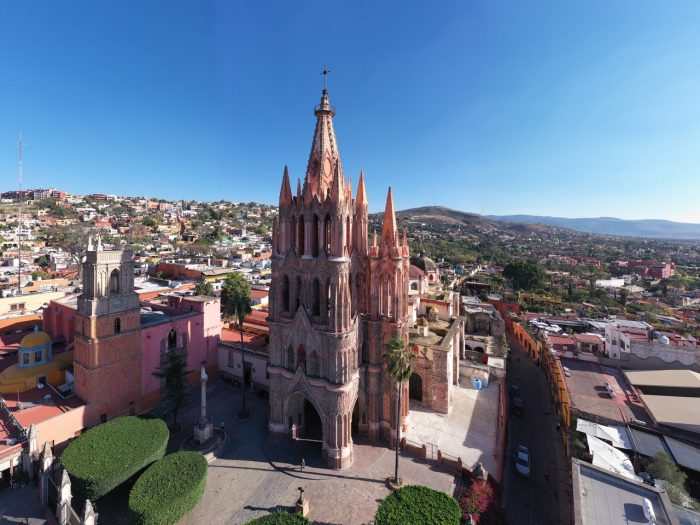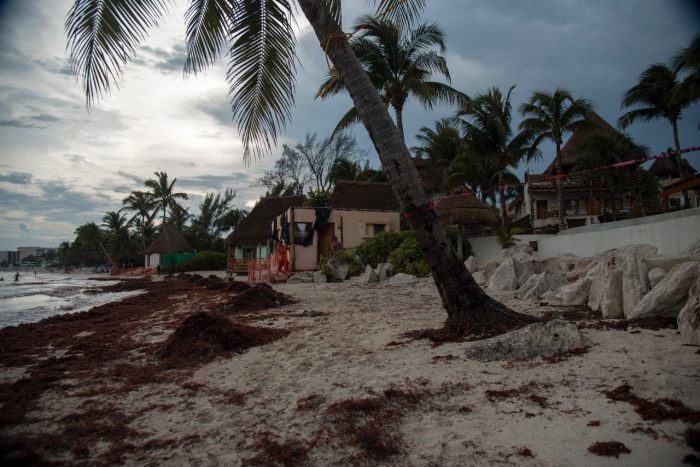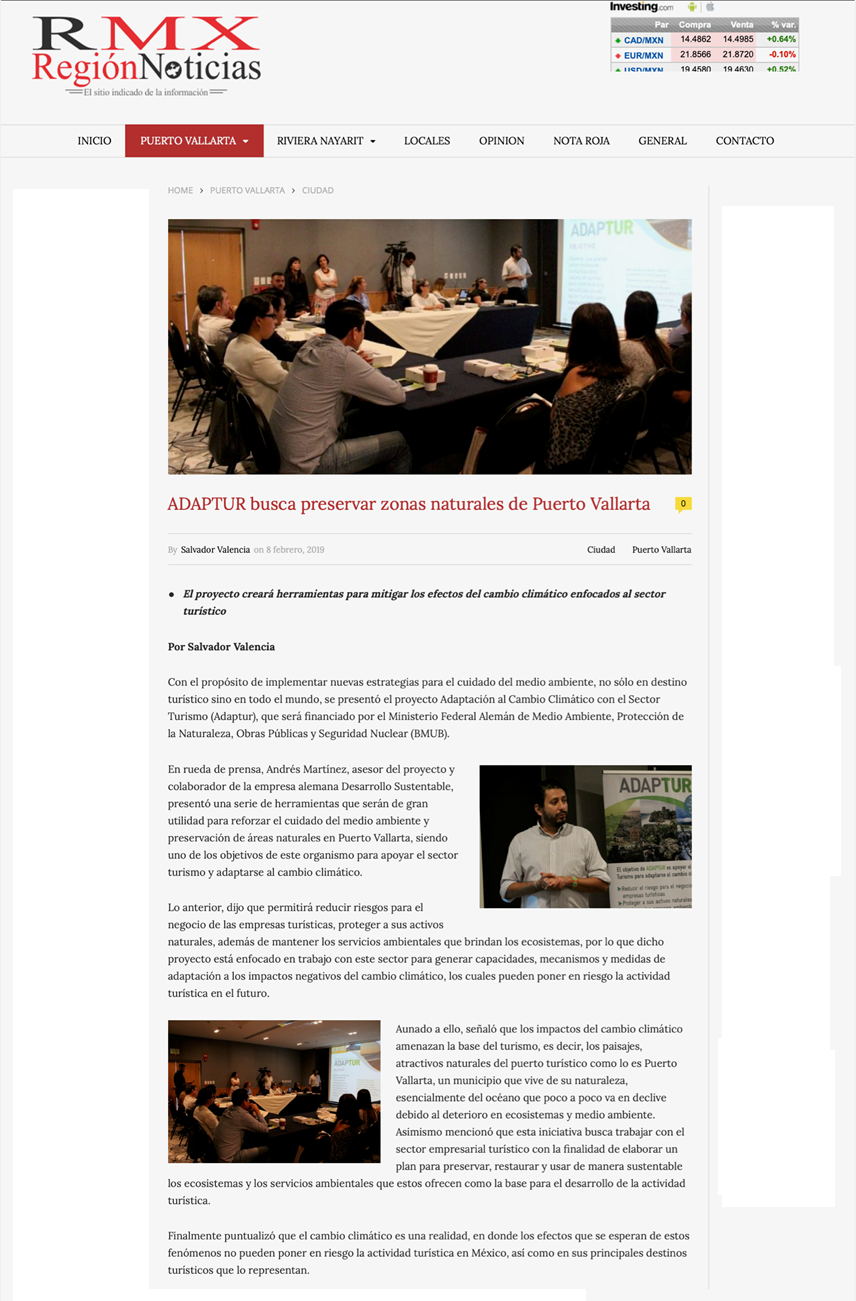The list of climate risks for tourism is long: sargassum plague, loss of beaches, death of coral reefs, hurricanes, floods, water scarcity; and making them known is essential for taking action.
Journalists have an important role in informing actors in the public, private and civil sectors and calling them to action. In January and February, the ADAPTUR project trained 62 journalists from the Riviera Maya, the Riviera Nayarit-Jalisco and San Miguel de Allende on how to develop a communication campaign about the economic risks of climate change in the Mexican tourism sector.

One of the participating journalists commented: “Learning more about climate change helps me understand that I must adapt and, most importantly, discuss the topic.” Thanks to the training, 30 press releases have been published on climate change and tourism in the local media.
As Thomas Schneider, director of the ADAPTUR project, commented: “Climate change is a business risk for the tourism sector, and we must communicate and act to ensure business continuity.”

Notably, Mexico is the world’s six most visited country by tourists, and the tourism industry represents 8.7% of national GDP. Therefore, communicating and acting against the risks posed by climate change helps protect the economy.
The ADAPTUR project provides the tourism sector technical assistance in adopting Ecosystem-based Adaptation (EbA) solutions in Mexican territory and with investment decisions. The project is implemented by the Deutsche Gesellschaft für Internationale Zusammenarbeit (GIZ) GmbH together with the Ministry of Tourism (SECTUR) and the Ministry of the Environment and Natural Resources (SEMARNAT), and receives technical support from the National Commission of Natural Protected Areas (CONANP) and the National Institute of Ecology and Climate Change (INECC).

